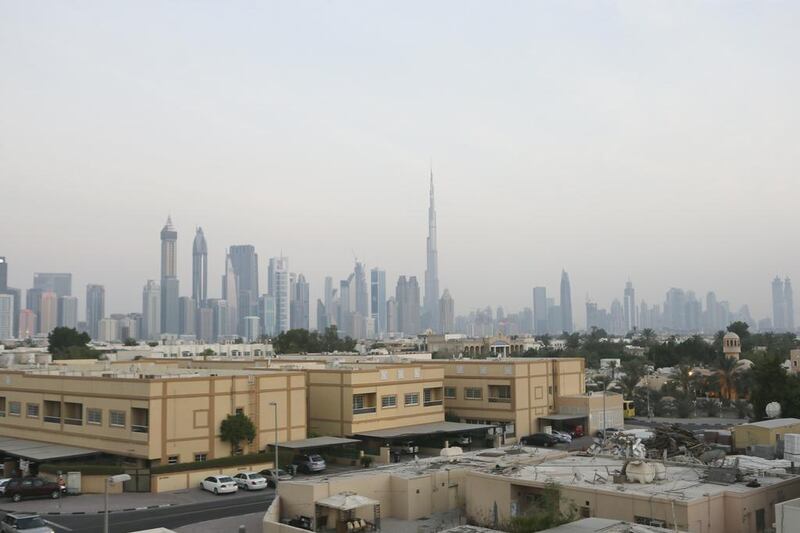More small businesses in the UAE struggled to get loans after confidence slipped to new lows in the fourth quarter of last year when the fall in the price of oil was most fierce, according to a survey by Gulf Finance.
As a result these businesses, which are typically the lifeblood of an economy, reported in the survey that they are finding it more difficult to secure financing and to get paid. They are also retrenching plans for expansion and have stopped hiring.
“The last quarter of 2015 witnessed a significant increase in negative sentiment sweeping the SME market,” said David Hunt, the chief executive of Gulf Finance. “After a strong start of the year, UAE SMEs rapidly struggled to raise and collect money, pushing plans to recruit, launch products or open new outlets aside.”
Small businesses and individuals have been shying away from borrowing in recent quarters, and banks have also become more reluctant to lend at a time when bank deposits are dwindling amid lower government revenues from the sale of crude oil. The UAE is the world’s seventh-largest oil exporter.
As well as less demand from SMEs, banks have also been making it more difficult for these businesses to borrow money. When the economy begins to sour, they are usually first in the firing line.
Consequently, 74 per cent of respondents of Gulf Finance’s survey reported difficulties in their ability to raise money compared to 48 per cent in third quarter.
About 29 per cent of those polled reported problems in collecting payments in the fourth quarter compared to 15 per cent in the third quarter.
Meanwhile, the survey, which questioned mostly Dubai-based businesses, found that when it came to hiring, half of small businesses will maintain or reduce headcount.
UAE Government officials have been counting on small businesses to play a key role in the development of the economy. SMEs account for 86 per cent of the workforce in the private sector, according to the Ministry of Economy. And 300,000 companies can be classified as part of the SME sector, according to ministry data.
The push to promote SMEs, however, has been handicapped by the slowing economy.
Mubarak Al Mansouri, the Governor of the Central Bank, said in November that he expected the UAE’s economic growth to slow to 3 per cent this year from 4 per cent in 2015 as the slump in oil prices affects the Government’s ability to spend on infrastructure.
Since mid-2014, the price of oil has shed more than 70 per cent of its value as slowing global economic growth reduces demand and the supply of crude increases. And as oil continues to plummet, the outlook is likely to remain bleak.
Abdul Aziz Al Ghurair, the chairman of the UAE Banking Federation, warned in November that a number of small business owners might have fled the country this year, leaving unsettled debts of about Dh5 billion.
“As we’ve entered 2016 it is clear that the UAE’s SME market will continue to face similar challenges as seen in the second half,” Mr Hunt said. “With a low oil price, slowing economy activity and lower levels of liquidity, SMEs are likely to continue to feel the impact on their business activities.”
mkassem@thenational.ae
Follow The National's Business section on Twitter





